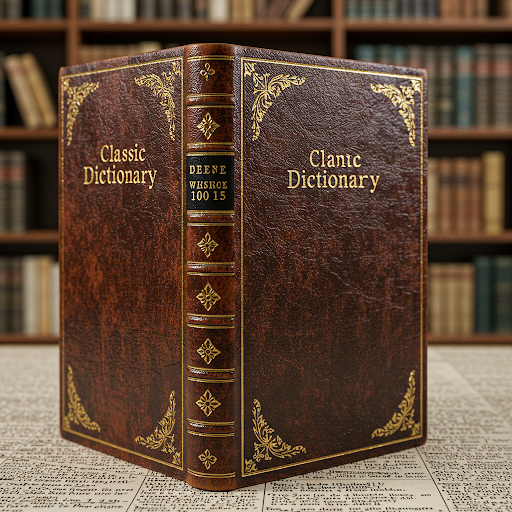
Best English to Hungarian Dictionary (Linega, Google Translate, Wiktionary? )
Share
As language learners, we know how important it is to have the right tools at our disposal. Whether you're just starting with Hungarian or you're working to refine your skills, an online dictionary is an essential part of your toolkit. Today, I'd like to recommend one that I’ve found incredibly helpful: Lingea Dictionary.
Why Lingea is a Go-To Dictionary
Lingea is available in 34 languages, from English to Vietnamese, and it’s not just useful for looking up word meanings. Along with providing definitions, it also gives you key grammatical information, including how to use the word in sentences. You'll find collocations, phrases, and example sentences, which help you better understand how the word fits into different contexts. Whether you're a student or a teacher, Lingea’s comprehensive approach makes learning more effective and engaging. I personally find it indispensable, and I hope you do too.
But, of course, Lingea isn’t the only dictionary available for Hungarian learners. There are several other great resources that can support your language journey.
1. Colljugator: The Conjugation Tool You Need
When it comes to Hungarian verbs, conjugation can be tricky. That’s where Colljugator comes in. This free, online tool is specifically designed to help you with conjugating verbs in different tenses. By entering a verb, you can instantly get its conjugation in all forms, helping you master Hungarian verbs with ease. A great asset for any learner looking to understand and use Hungarian verbs correctly in conversation and writing.
2. Google Translate: Quick, but Be Cautious
Google Translate can be a handy tool when you're trying to understand the general meaning of a word or sentence. However, it’s important to use it cautiously. While it’s great for quick translations, it sometimes misses the nuance of specific words or idiomatic expressions. When it comes to Hungarian, a language known for its complexity, Google Translate can struggle with providing the most accurate or natural-sounding translations. It’s useful as a quick reference, but I wouldn’t rely on it for deep learning.
3. Reverso Context: Learn in Context
Reverso Context is another excellent resource for Hungarian learners. Unlike traditional dictionaries, Reverso provides translations and examples of how words are used in real sentences. By offering context for the word, you can better understand how to use it naturally. It also gives you access to various forms of the word in different contexts, which is essential for grasping the intricacies of Hungarian.
4. Wiktionary: A Reliable Reference
Wiktionary is a well-known source for finding word meanings, but it also offers detailed etymologies, pronunciation guides, and even the history of words. The Hungarian section of Wiktionary is a helpful resource when you want to learn about the origins of Hungarian words and how they’ve evolved over time. Though not as comprehensive as Lingea, it's still a great tool for learners seeking in-depth information.
5. A Multilingual Dictionary
Bab.la is another online dictionary that supports Hungarian and many other languages. It’s particularly useful for translations, with a broad range of example sentences and context options. Bab.la also offers language games and quizzes to reinforce what you learn, making it a fun tool for learners who enjoy interactive methods.
6. Szótár.net: Focused on Hungarian
If you're specifically focused on Hungarian, Szótár.net is an excellent option. This dictionary offers clear definitions, conjugations, and example sentences for Hungarian words. It’s straightforward and effective for learners at all levels, whether you’re looking up everyday vocabulary or more complex linguistic concepts.
Conclusion
As you continue learning Hungarian, having a variety of dictionaries at your fingertips is a game-changer. Lingea is fantastic for its comprehensive, user-friendly interface that includes everything from word definitions to usage examples. Colljugator is invaluable for mastering Hungarian verb conjugations, and tools like Google Translate, Reverso Context, Wiktionary, Bab.la, and Szótár.net can complement your learning in different ways.
Using these resources together will enhance your vocabulary, deepen your understanding of grammar, and help you feel more confident in your Hungarian skills.
Happy learning, and I hope you find these resources as useful as I have!
